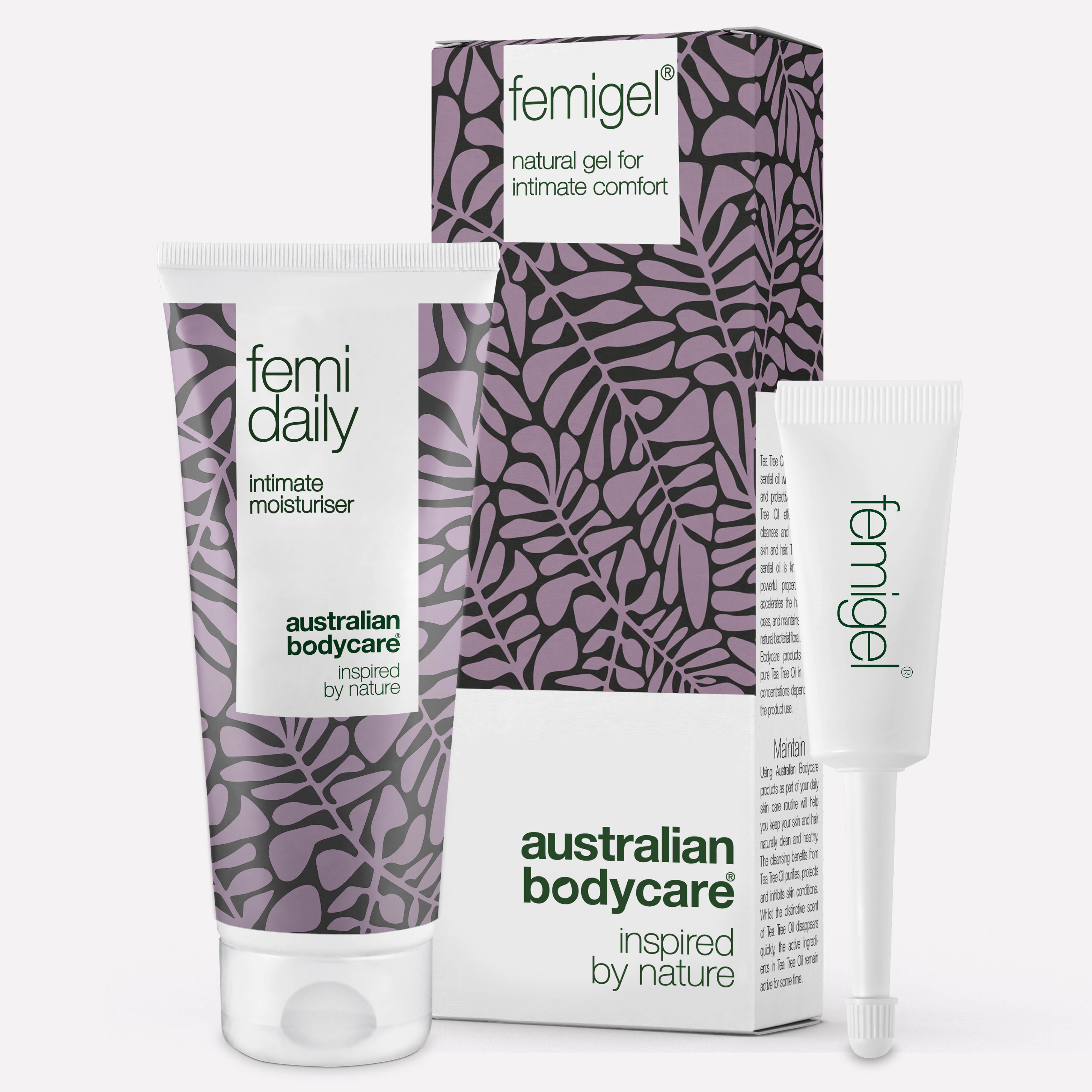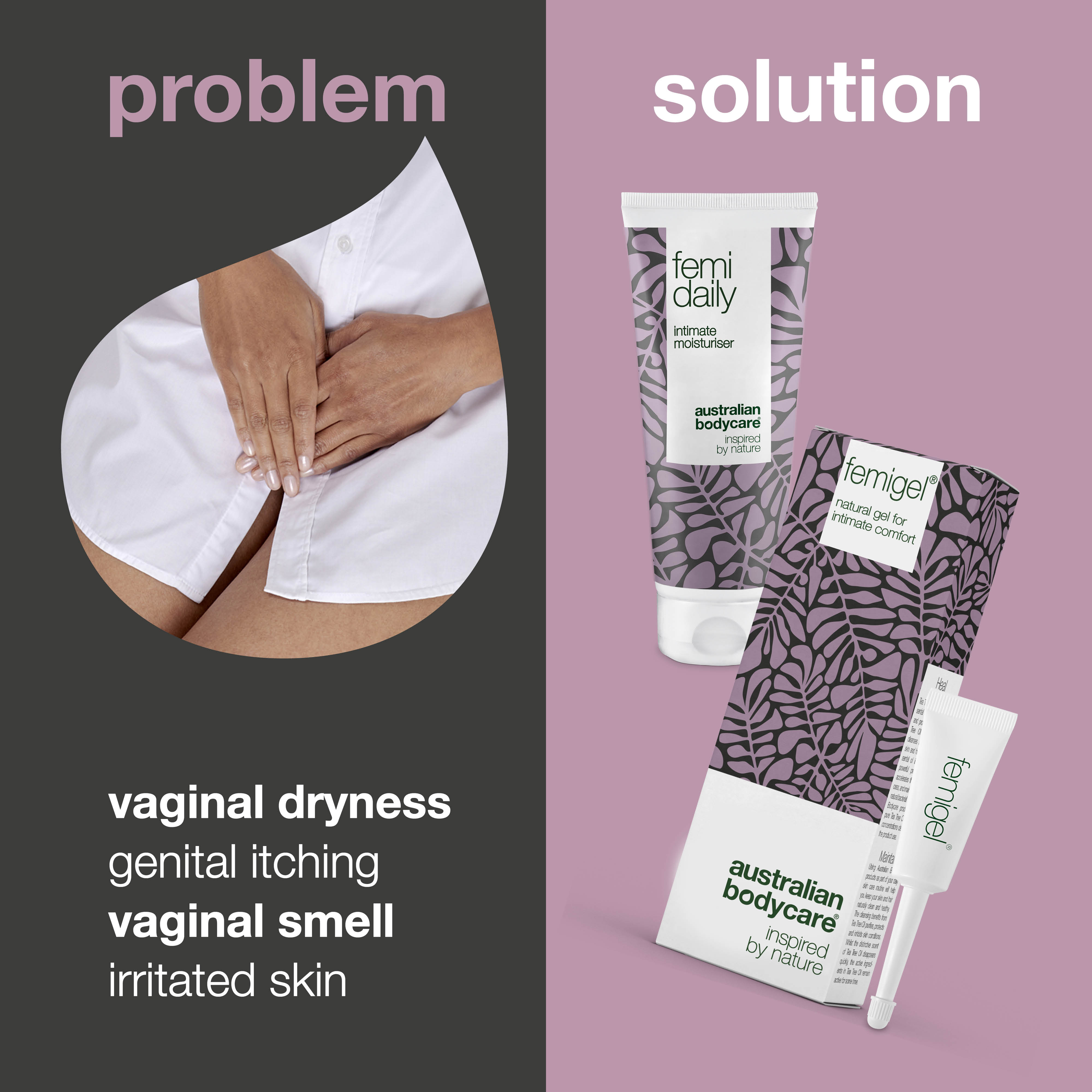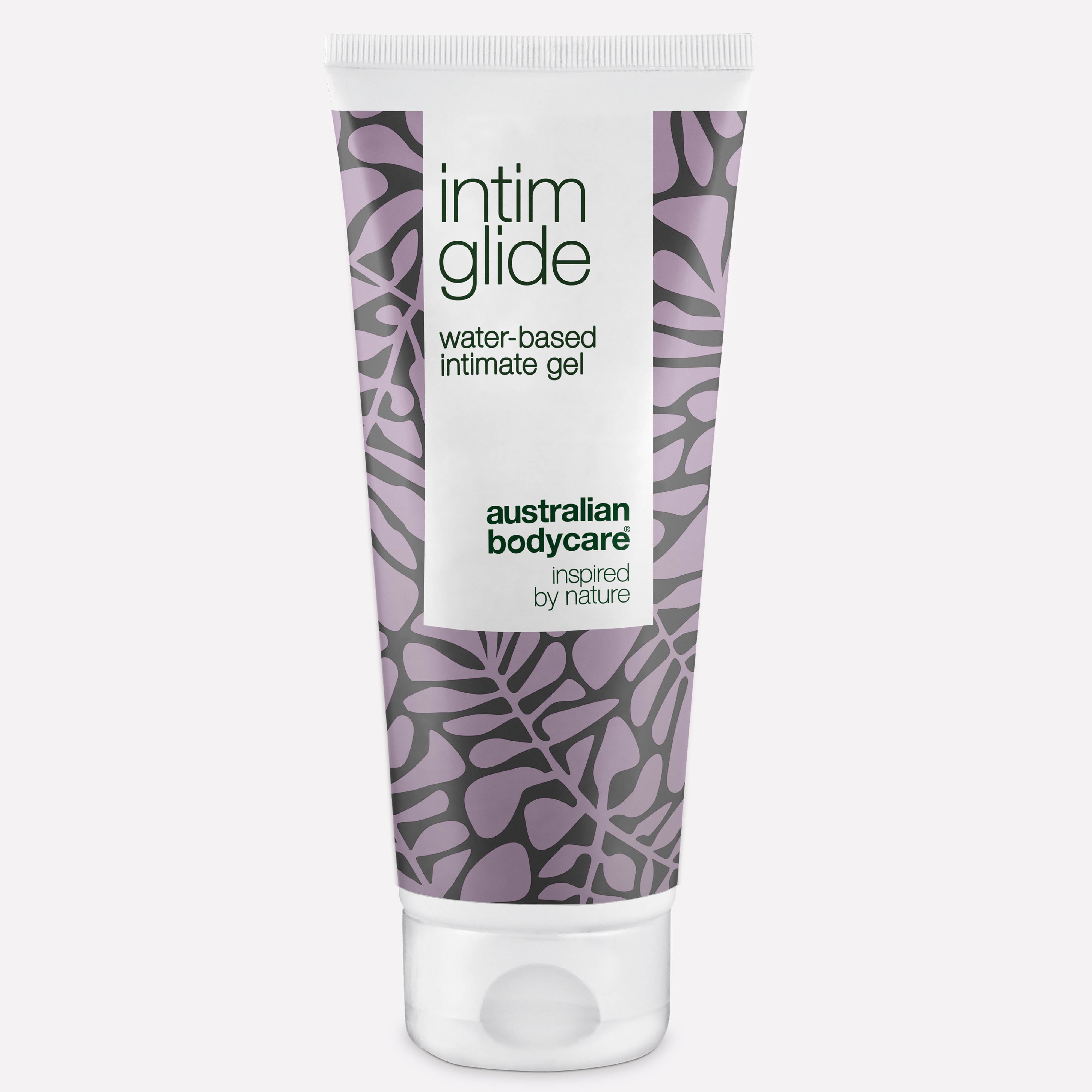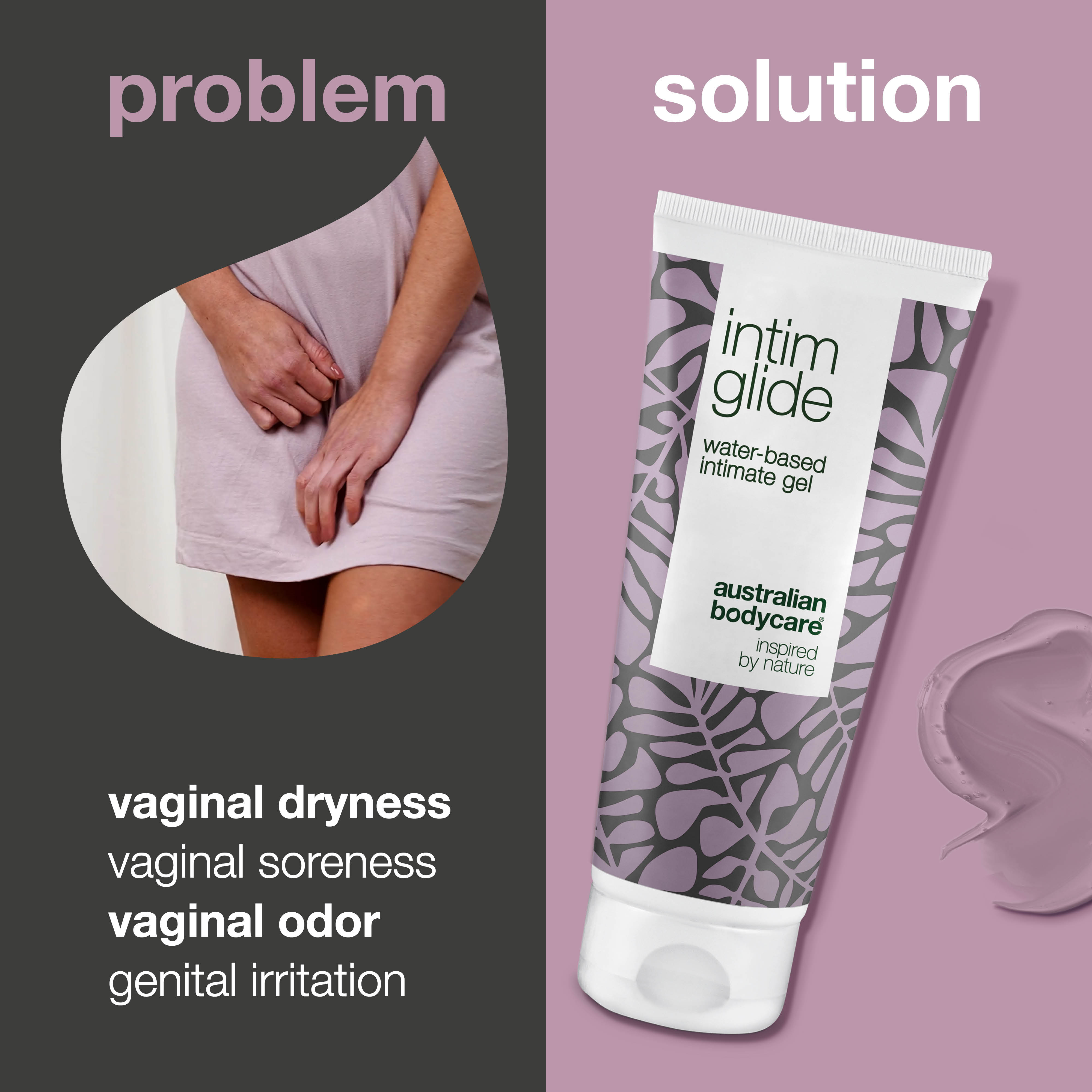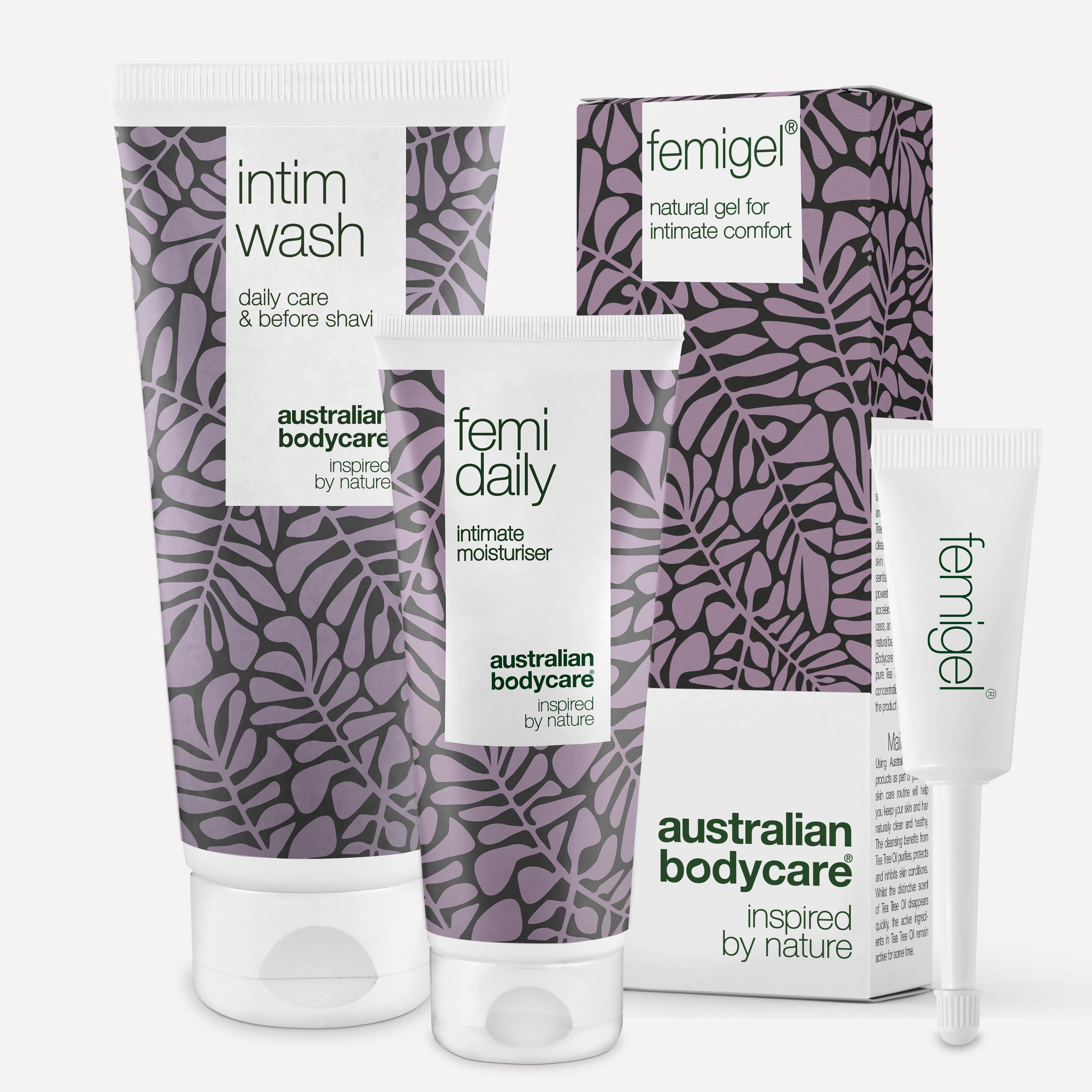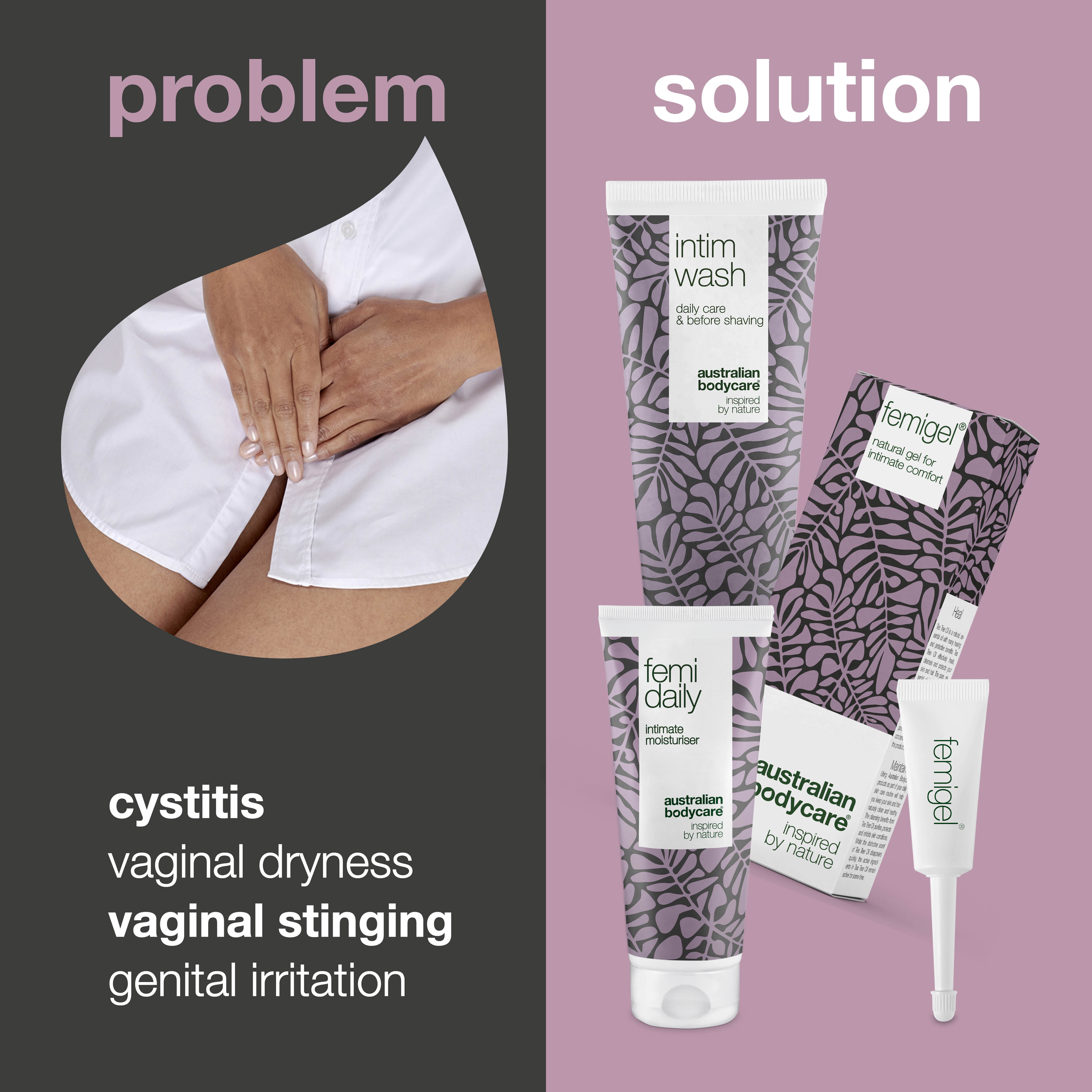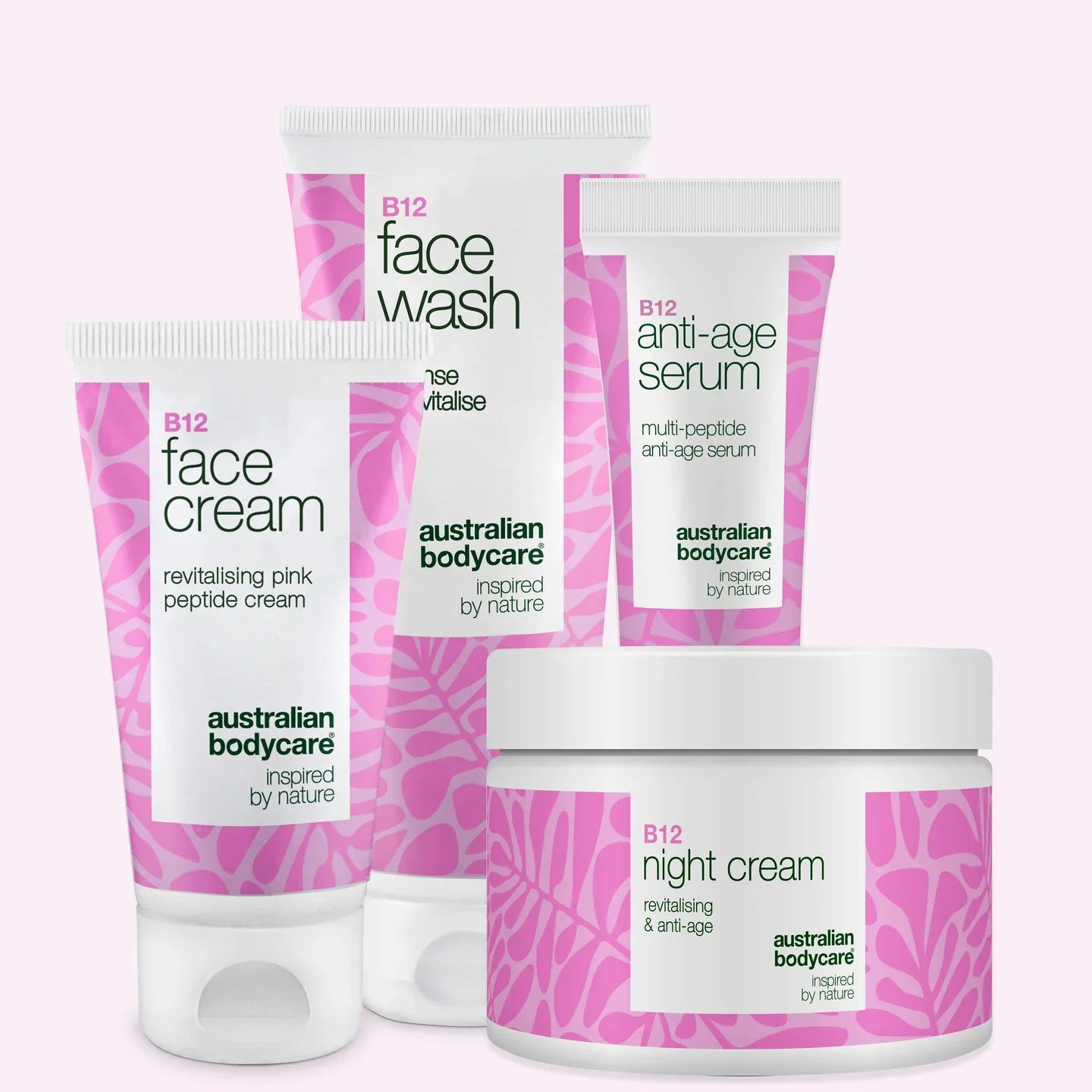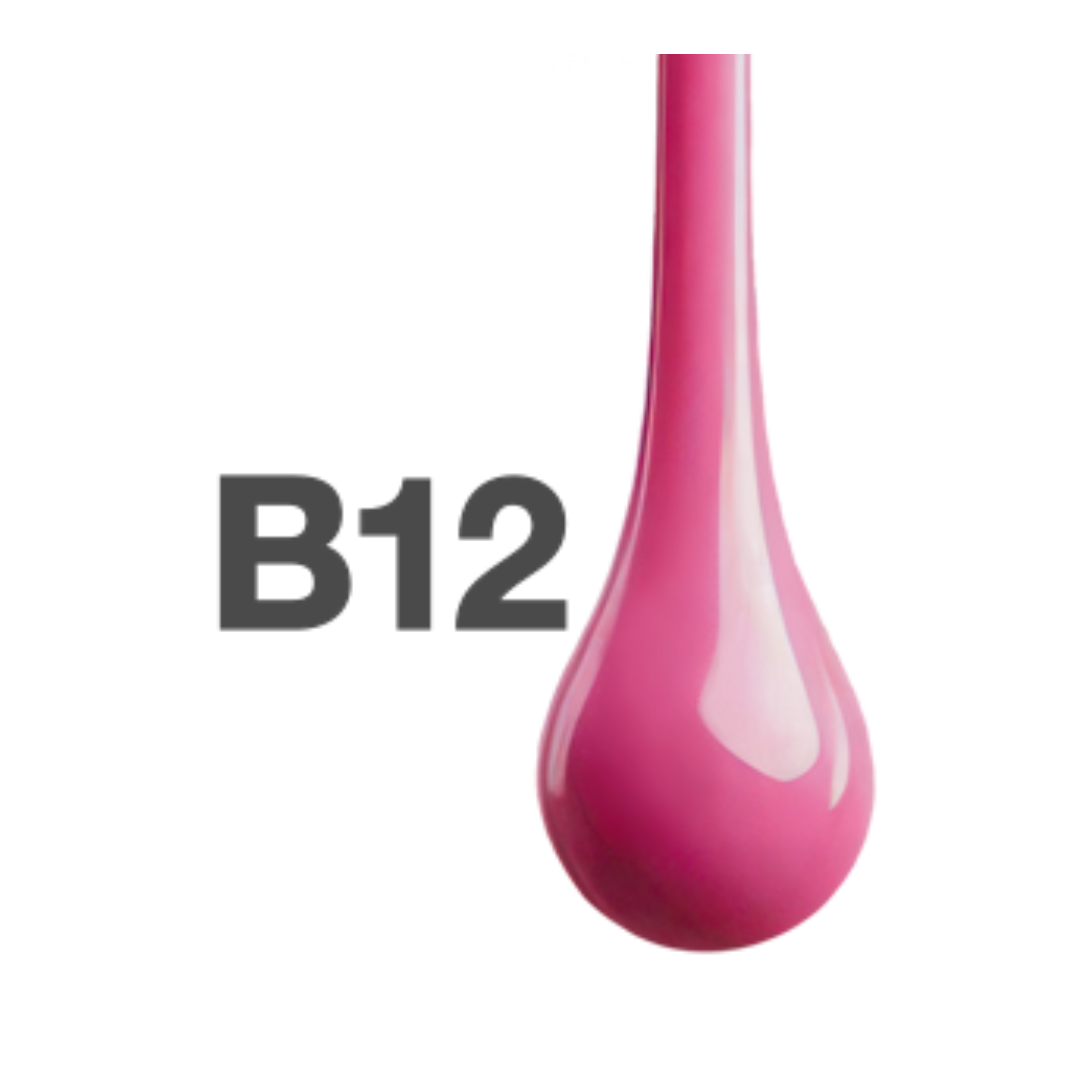The 9 most important things you should know about vaginal thrush
Table of contents
1. Vaginal thrush is not dangerous
Vaginal thrush is caused by an infection with the yeast Candida Albicans. All women have yeasts on the vaginal mucosa; it's completely natural. However, if the bacterial flora in the vagina changes, giving the fungus too favourable growth conditions, it can lead to the development of a fungal infection in the vagina.
Vaginal thrush is a harmless condition, but the burning, itching, discharge and other symptoms are very uncomfortable, so you should always make sure to treat vaginal thrush immediately if you get it.
Also read: How can you treat vaginal itching?
2. Symptoms of vaginal thrush are hard to miss
The symptoms of vaginal thrush are hard to ignore - they're uncomfortable and annoying. There's no doubt that something is wrong if you've developed vaginal thrush. And if you've had it before, you'll no doubt recognise the symptoms immediately.
The most common symptoms of vaginal thrush are:
- Itching, burning, soreness, irritation and often a reddish rash around the vaginal opening.
- A discharge similar to cottage cheese - whitish and thick in consistency. It usually does not cause vaginal odour.
- Pain and discomfort during intercourse.
- Burning when you need to urinate.
3. Any woman can get vaginal thrush
All adult women can get vaginal yeast (also known as vaginal thrush, vaginal fungus or genital thrush) - and three out of four women will experience vaginal yeast at least once in their lives.
Vaginal yeast occurs when the natural balance in the vagina has been disturbed so that the otherwise acidic environment is no longer acidic enough, giving the fungi too favourable conditions to grow.
TIP:
Do you have problems with itching, burning, soreness and irritation in the intimate area? Then you can choose a product containing tea tree oil, which is known for its effectiveness against irritation and itching. This could be the product Femigel from Australian Bodycare.
4. The 4 most common causes for vaginal thrush
The environment in the vagina is normally acidic (with a low pH value). If the pH balance is disturbed, killing too many of the natural lactic acid bacteria in the vagina, it can lead to yeast infections. There can be various reasons why this happens.
Some of the more common causes are:
- Treatment with penicillin, cortisone and immunosuppressive drugs, for example in connection with radiotherapy and chemotherapy.
- Sexual intercourse (the alkaline sperm can disrupt the natural acidic balance in the vagina).
- Hormonal changes during pregnancy.
- Diabetes (the increased amount of sugar in the blood promotes the growth of fungi).
- Excessive hygiene with the use of perfumed products.
- Wearing tight-fitting panties and/or tight trousers that create an overly stuffy and humid environment.
- Use of panty liners, pads and tampons that keep the environment constantly moist and stuffy.
Also read: Treating vaginal thrush
5. Vaginal thrush is not an infectious STI
Women can infect men with yeast, but men cannot infect women. So, vaginal yeast is not a sexually transmitted STI.
However, you should always make sure to treat your vaginal yeast infection, both to avoid the unpleasant discomfort and to avoid infecting your partner. If he has been infected and is experiencing symptoms of thrush, he should also seek treatment to avoid unpleasant discomfort.
6. Vaginal thrush must always be treated
Vaginal thrush should be treated because it very rarely goes away on its own and there's no need to suffer in silence while you wait.
If you're experiencing the symptoms of vaginal thrush for the first time, you can go to your doctor for a definitive diagnosis. He or she will do this by performing a gynaecological examination and taking a microscopy of your vaginal discharge. If you get vaginal thrush a second time, you'll certainly recognise the symptoms and know that it's important to start treatment quickly (vaginal thrush cream is available over the counter).
You can opt for traditional remedies such as creams or suppositories, which you can get at the pharmacy. You should always consult your doctor if you are in doubt.
TIP: Problems with itching, irritation and dryness during intercourse?
Many women experience itching, burning and irritation after sex, which can be really uncomfortable. If sex is the cause of the problem, it can help to use a gel to relieve vaginal dryness and intimate discomfort. Australian Bodycare has developed a gel containing tea tree oil. Intim glide is dermatologically tested and can relieve dryness and intimate discomfort and give you both a sensual experience.
7. Treatment of vaginal thrush
There are various treatments available to restore the natural balance in the vagina:
- You can get a cream to apply directly to the area. You can choose a medical product that is available over the counter at the pharmacy.
- You can get suppositories to be inserted into the vagina. Like the cream, the suppositories are available over the counter at pharmacies. It is often a good idea to combine pills and cream.
- You can get tablets to be swallowed. The tablet treatment must be prescribed by your doctor, as the tablets are prescription-only. This is typically a treatment your doctor will choose if vaginal cream and suppositories have not helped.
Also read: How can you treat vaginal itching?
8. Vaginal thrush should never be treated with yoghurt
Perhaps you've heard an old folk tale about yoghurt or other acidic dairy products as an effective cure for vaginal thrush? This is not recommended advice, as there is no scientific evidence to prove the effect, but of course, it can't be ruled out that this advice has actually helped some women.
If you prefer treatment with natural products, you can choose tried and tested and well-documented products with natural ingredients instead. Ask your doctor, pharmacy, Matas or health food store.
Tea tree oil is known as an effective remedy for itching and irritation. Tea tree oil can be found in products such as Femigel from Australian Bodycare.
9. Prevent vaginal thrush
Prevention is always better than treatment. And if you're a woman who repeatedly gets vaginal yeast infections, it's especially important to be aware of what you can do to avoid recurring infections:
- Avoid excessive hygiene down there. Use only water, possibly supplemented with a mild unscented intimate soap or barrier cream that does not disturb the natural balance in the vagina.
- Also, make sure to avoid daily use of panty liners and tight-fitting synthetic panties, all of which keep the vaginal environment overly moisturised and enclosed.
If you often experience itching and irritation around the vagina, you can opt for a preventative product like Femi daily with tea tree oil. You can use it all the time and the tea tree oil content is effective against itching and irritation.
Also read: How to prevent vaginal thrush


